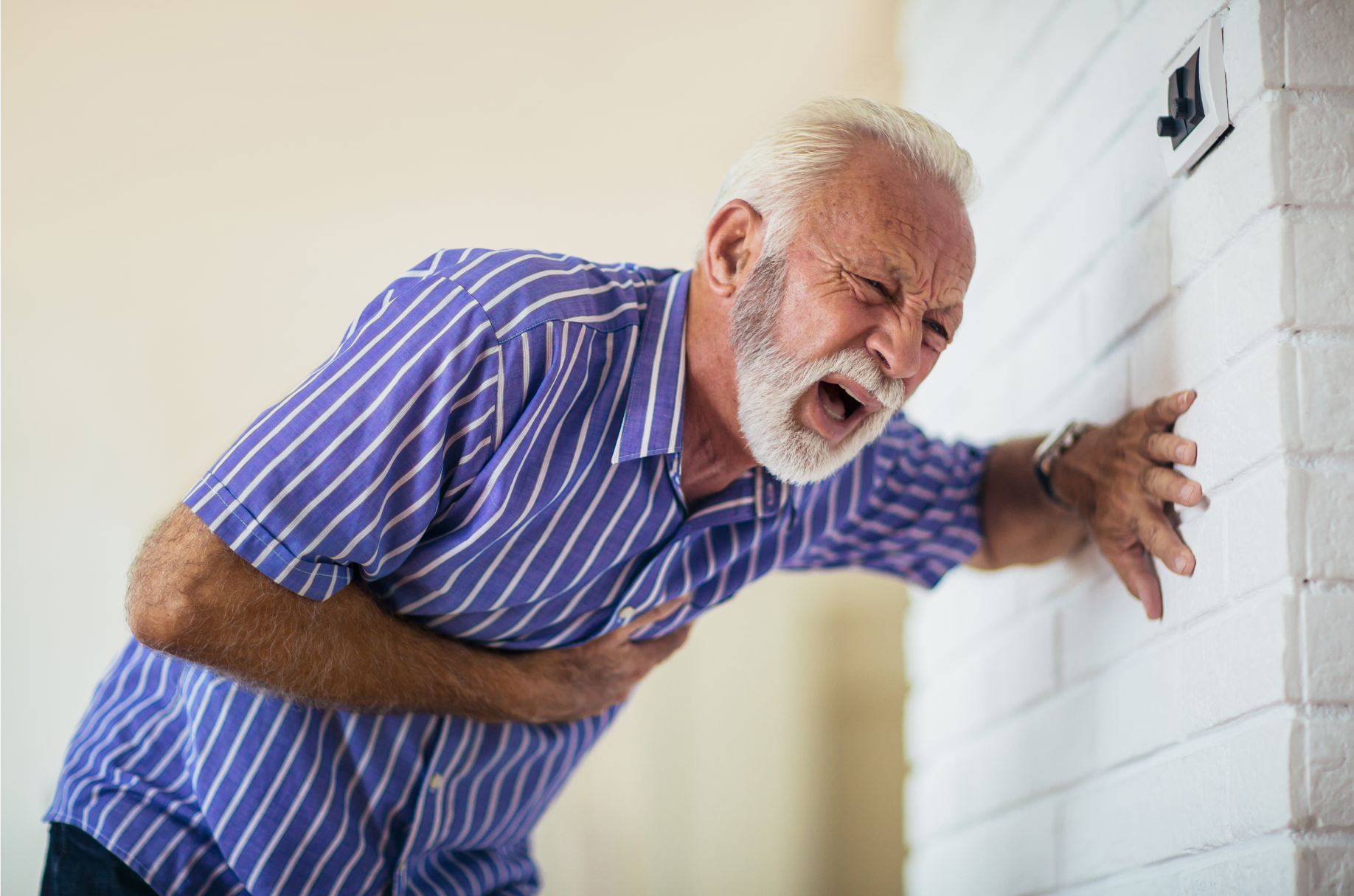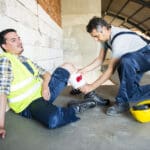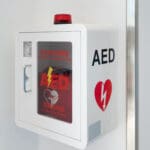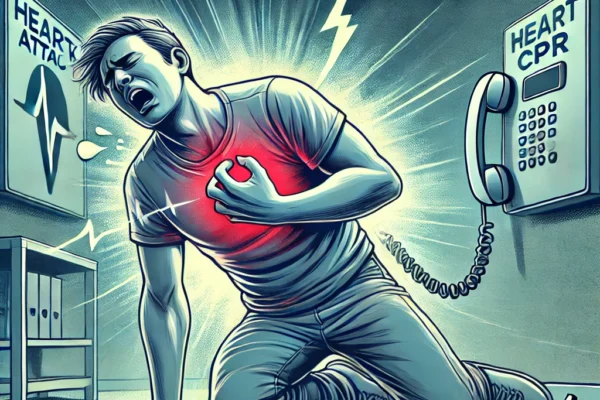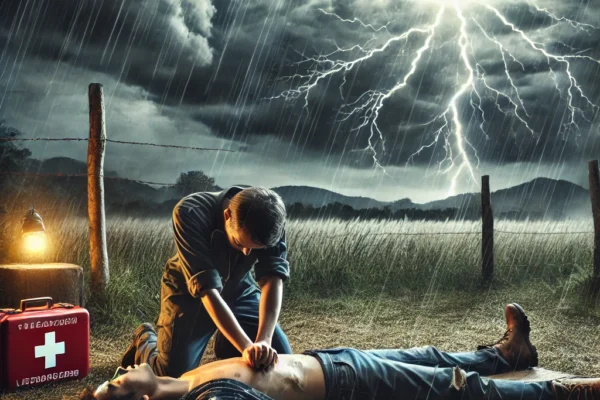Heart Attack Risks Rise Over the Holidays: How to Stay Heart-Safe This Season
The holidays are a time for joy, celebration, and gathering with loved ones. But did you know they also bring an increased risk of heart attacks? Studies show a surprising spike in heart-related emergencies during the festive season, especially around Thanksgiving, Christmas, and New Year’s. While there are several reasons for this seasonal trend, there are also steps you can take to keep your heart and loved ones safe.
Why Heart Attacks Spike During the Holidays
During the holiday season, heart attack rates can increase by up to 30% compared to other times of the year. Why? Holiday stress, heavy meals, increased alcohol consumption, and even the cold weather all play a role. Many people experience heightened stress, which raises blood pressure and strains the heart. Plus, festive meals can be rich, salty, and high in unhealthy fats, which can lead to clogged arteries.
Even worse, people often delay seeking medical help during the holidays. In the hustle and bustle, symptoms are sometimes ignored or brushed off as indigestion or stress, which can lead to more severe complications.
Signs and Symptoms of a Heart Attack
Recognizing the signs of a heart attack can save a life. The sooner you catch these symptoms, the quicker you can act and prevent further damage. Here’s what to watch for:
- Chest Pain or Discomfort: A feeling of pressure, squeezing, or fullness in the center of the chest that may last for more than a few minutes.
- Upper Body Pain: Pain or discomfort may radiate to one or both arms, the back, neck, jaw, or stomach.
- Shortness of Breath: This may occur with or without chest pain and can feel like you’re out of breath, even if you’re at rest.
- Cold Sweats, Nausea, or Lightheadedness: These are often overlooked as “non-classic” symptoms, especially among women.
How to Lower Your Heart Attack Risk Over the Holidays
Fortunately, there are several steps you can take to protect your heart without sacrificing the holiday spirit. Here are some simple ways to reduce your risk of heart attacks during this busy season:
- Manage Stress: The holidays can be stressful, but managing stress is crucial. Take breaks, breathe deeply, and try not to overcommit. Even a few moments of relaxation can lower blood pressure and relieve tension on the heart.
- Eat Heart-Healthy Meals: You don’t have to skip the treats, but be mindful of portion sizes and limit fatty or salty foods. Opt for more fruits, vegetables, and whole grains at holiday meals. These choices will not only keep your heart happy but also keep you energized.
- Limit Alcohol Intake: While celebrating with a drink is fine, try to avoid excessive drinking, as it raises blood pressure and can lead to heart strain. Stick to one or two drinks if possible and drink plenty of water throughout the day.
- Stay Active: Just a short daily walk can help reduce stress and keep your heart strong. Incorporating light exercise, like taking a brisk walk or dancing with family, can make a big difference.
- Avoid the Cold: Cold weather puts extra strain on the heart, especially for those who already have heart issues. If you need to go outside, dress warmly and avoid sudden, intense physical activity like shoveling snow.
What to Do if You Suspect a Heart Attack
If you or someone else shows signs of a heart attack, don’t wait. Call 911 immediately. The faster you get help, the better the chances for recovery. While waiting for medical help to arrive, stay as calm as possible and avoid any physical activity. If it’s available, chew and swallow aspirin, as it can help thin the blood and reduce further damage.
Wrapping Up
The holidays can still be a time of joy and togetherness without compromising heart health. By recognizing heart attack symptoms and taking preventative measures, you can keep your heart safe and make the most of the holiday season. Remember, staying heart-aware helps you and your loved ones have a safe, memorable, and heart-healthy holiday season.
Contact us to learn more about how you can learn CPR. AriseSafety.com

